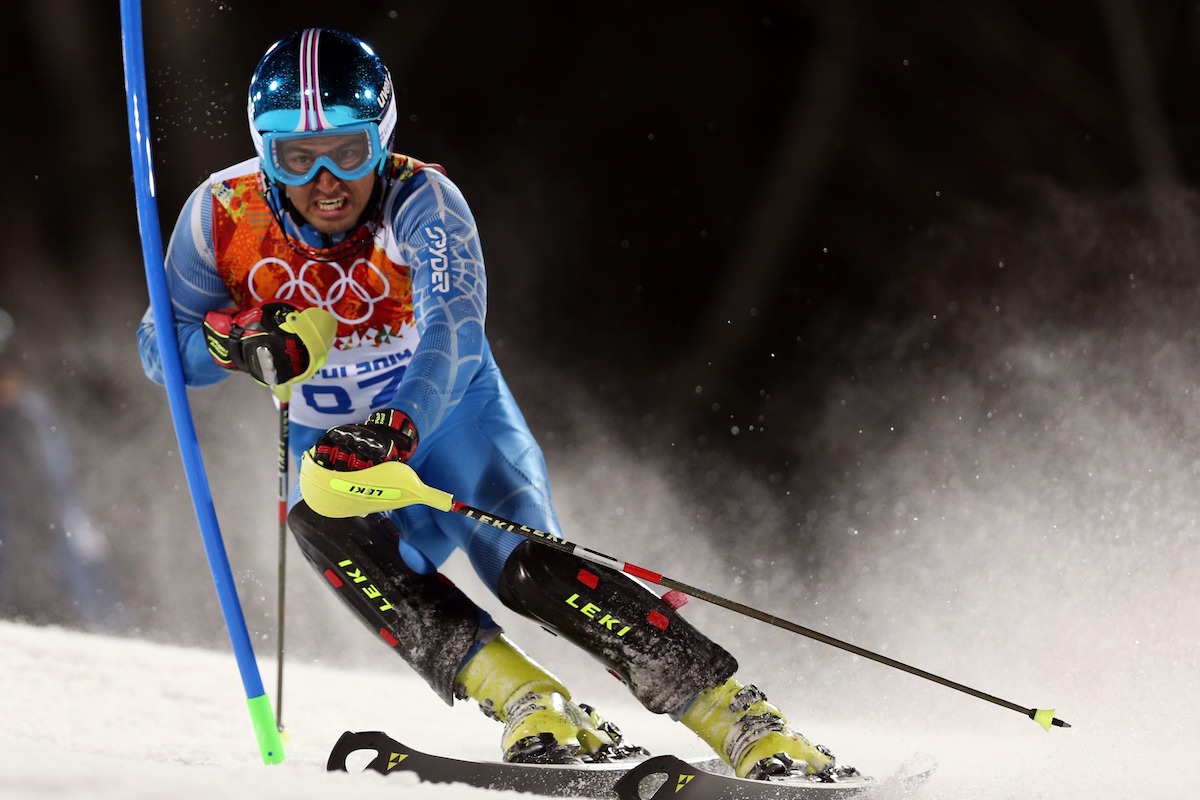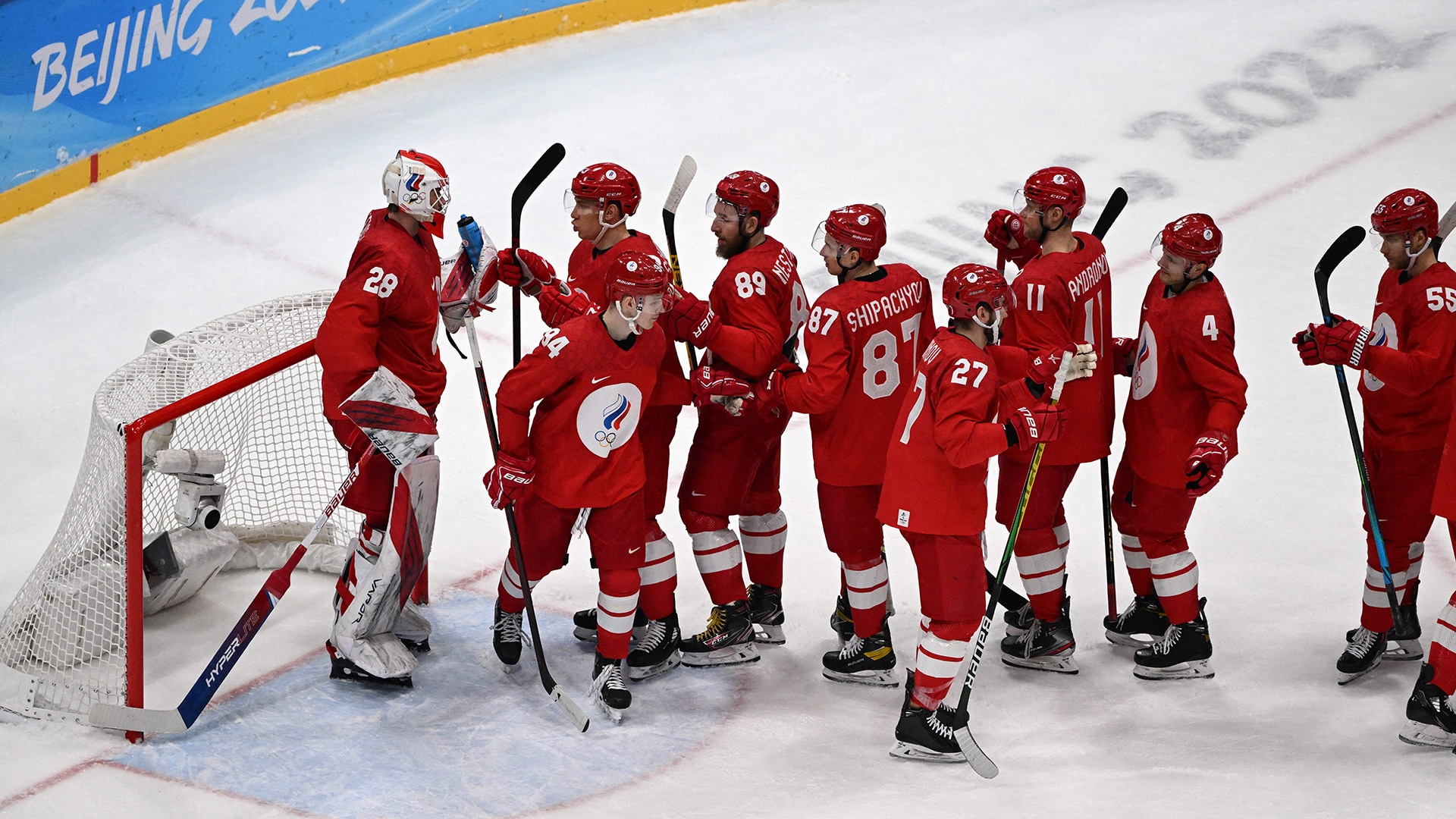An angina drug called trimetazidine has been in the news lately connected to the 2022 Winter Olympics, but it's been on the radar of anti-doping authorities for years.
Russian media reported that the team figure skating medals ceremony was delayed after a Russian skater tested positive for the presence of trimetazidine in December. It was later confirmed by NBC Sports that teen Russian figure skating phenom Kamila Valiyeva tested positive for the banned substance prior to the Olympics.
NBC News has reached out to the International Skating Union and the Russian Olympic Committee, but neither has responded.
The drug, sometimes called TMZ, was added to a World Anti-Doping Agency (WADA) prohibited list in 2014. Normally prescribed to treat angina -- chest pain from reduced blood flow to the heart -- it also has athletic benefits as well. For sports, it could potentially help an athlete perform at a higher heart rate for a longer period of time.
Get top local stories in Southern California delivered to you every morning. Sign up for NBC LA's News Headlines newsletter.
WADA lists it as a "metabolic modulator" and prohibits it at all times, in and out of competition.
"According to knowledge of the pharmacology and mechanism of TMZ action, TMZ can be used by athletes to improve physical efficiency, especially in the case of endurance sports," scientists wrote in a 2014 paper on abuse of the drug by Polish athletes.
Doping in the Olympics
So far there has only been one confirmed positive doping test at the 2022 Winter Olympics, an Iranian skier who tested positive for an anabolic steroid.
In the case of Valieva, there has been no official adjudication at this point. It is still not known if or how this will affect the results of the team event, which the ROC won in no small part thanks to Valieva, who landed the first-ever quad in Olympic history, and then did it again just moments later. It was also unclear if the positive test would impact Valieva’s eligibility to compete in the individual competition which begins next Tuesday, in which she's the heavy favorite.
Then there is the case of the team known as ROC, or the Russian Olympic Committee - competing under that unusual moniker after Russia (the country) received a two-year doping ban from WADA. Russian athletes competed last summer in Tokyo under the ROC flag as well.




